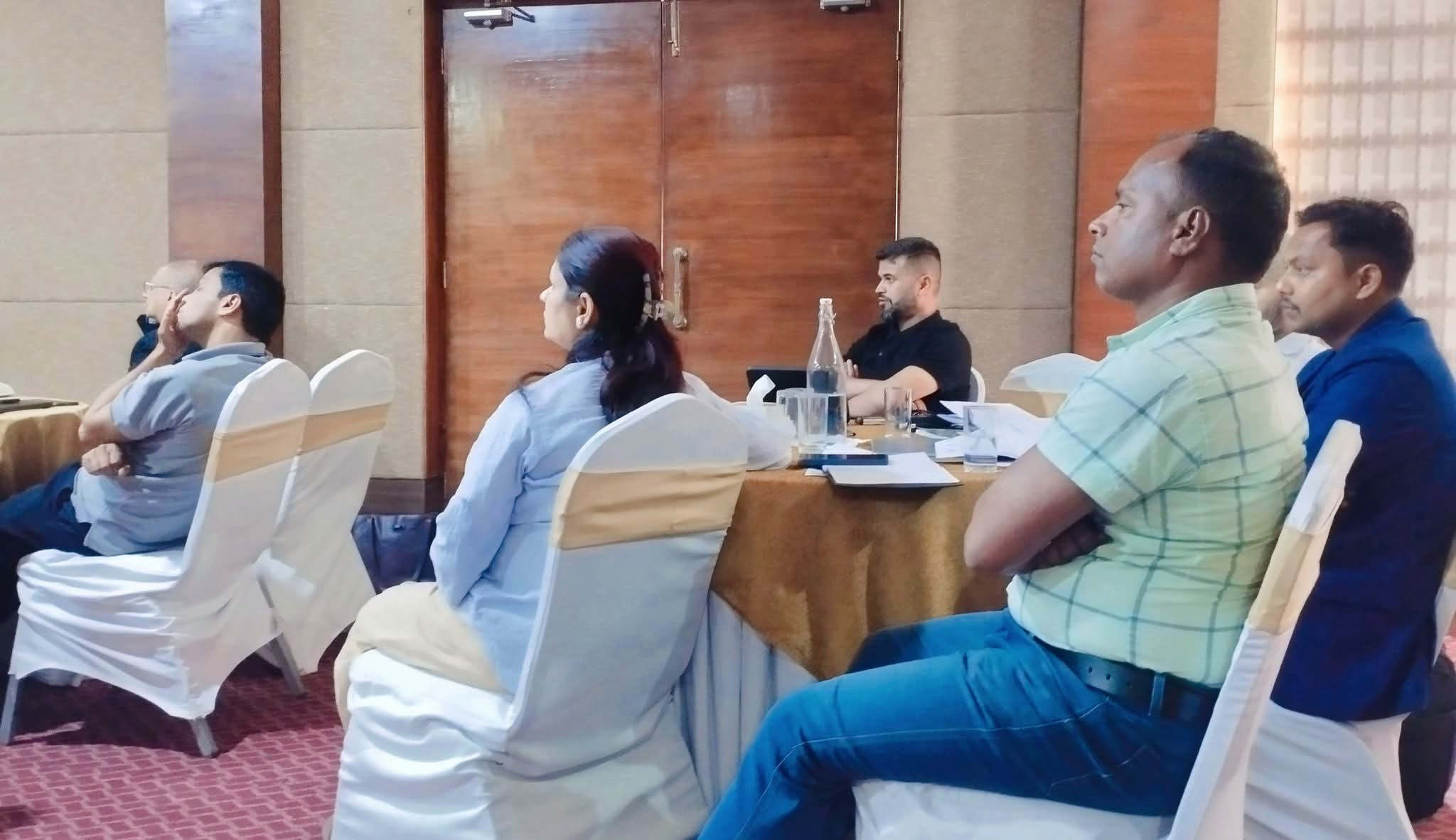Kathmandu, June 2, 2025 — A two-day workshop titled "Water, Sanitation, and Hygiene (WASH) in Healthcare Facilities (HCFs): Local Advocacy" was held in Kathmandu, on June 1-2, 2025. The event was organized by the Society for Public Health Engineers Nepal (SOPHEN) in collaboration with the World Health Organization (WHO) and Eco Concern Pvt. Ltd., with the aim of addressing critical WASH issues in healthcare settings across Nepal.
Key Discussions and Presentations
The workshop opened with an inauguration by distinguished guests and keynote remarks emphasizing the importance of WASH standards for public health. Sessions featured presentations by national and international experts, including:
VASHi-related Standards, Acts, and Policies by WHO representatives.
National Healthcare Waste Management Standards and Operational Procedures 2020 by representatives from the Ministry of Health and Population.
Technical Guidelines for Healthcare Waste Management at Provincial Levels by Dr. Sushila Bajracharya, WHO.
Interactive Sessions and Group Discussions
Day two was dedicated to technical group work, stakeholder interaction, and case studies, providing participants with practical insights into implementing WASH improvements in healthcare facilities. Municipal representatives and policymakers engaged in fruitful discussions on challenges and opportunities in localizing WASH initiatives.
Significance of the Workshop
The event served as a platform to highlight gaps in Nepal’s healthcare waste management systems and provided actionable recommendations for improving hygiene standards. Key stakeholders, including municipal leaders and healthcare administrators, pledged to collaborate in addressing these issues to ensure safer and healthier healthcare environments.
Conclusion
The workshop concluded with remarks from SOPHEN and Eco Concern Pvt. Ltd., reiterating their commitment to supporting local advocacy for WASH improvements in Nepal’s healthcare facilities. The event underscored the urgent need for capacity building, infrastructure investment, and community engagement in achieving sustainable sanitation goals.
This initiative reflects Nepal's ongoing efforts to meet global WASH standards and improve public health outcomes, aligning with the Sustainable Development Goals (SDGs) in Nepal.